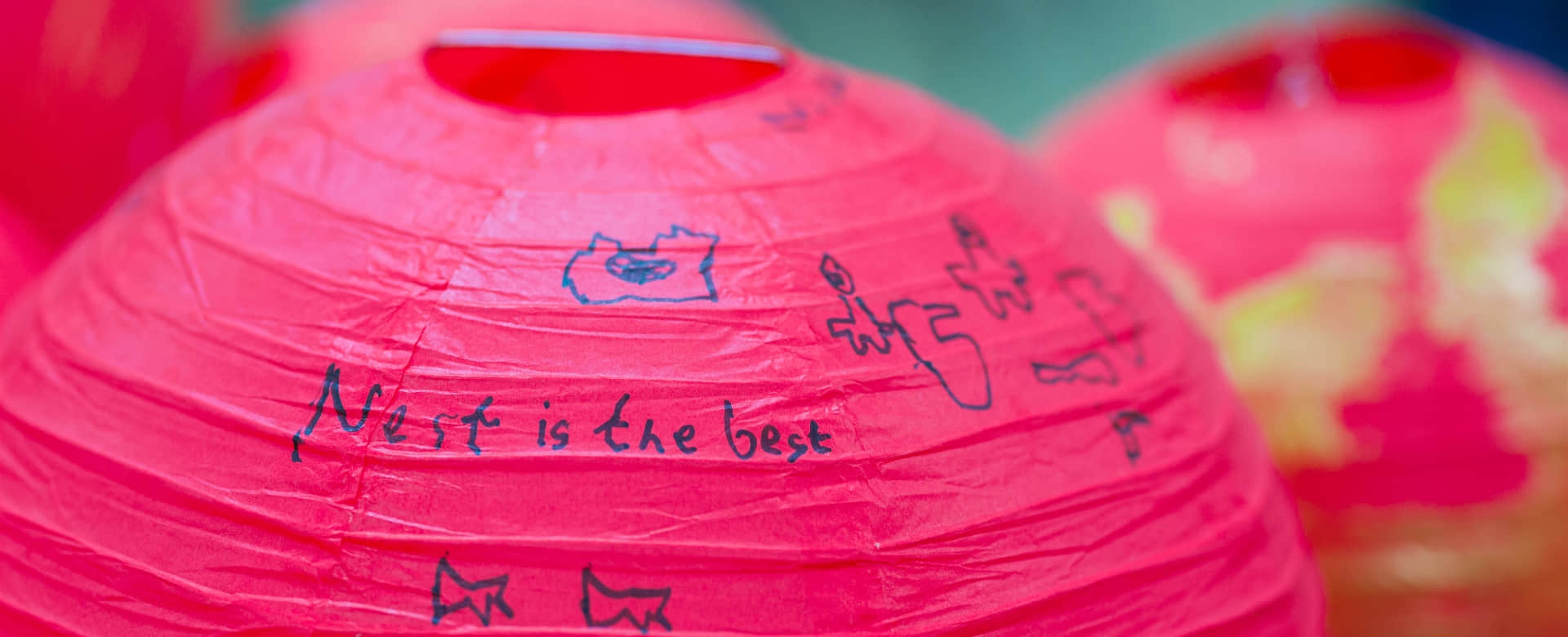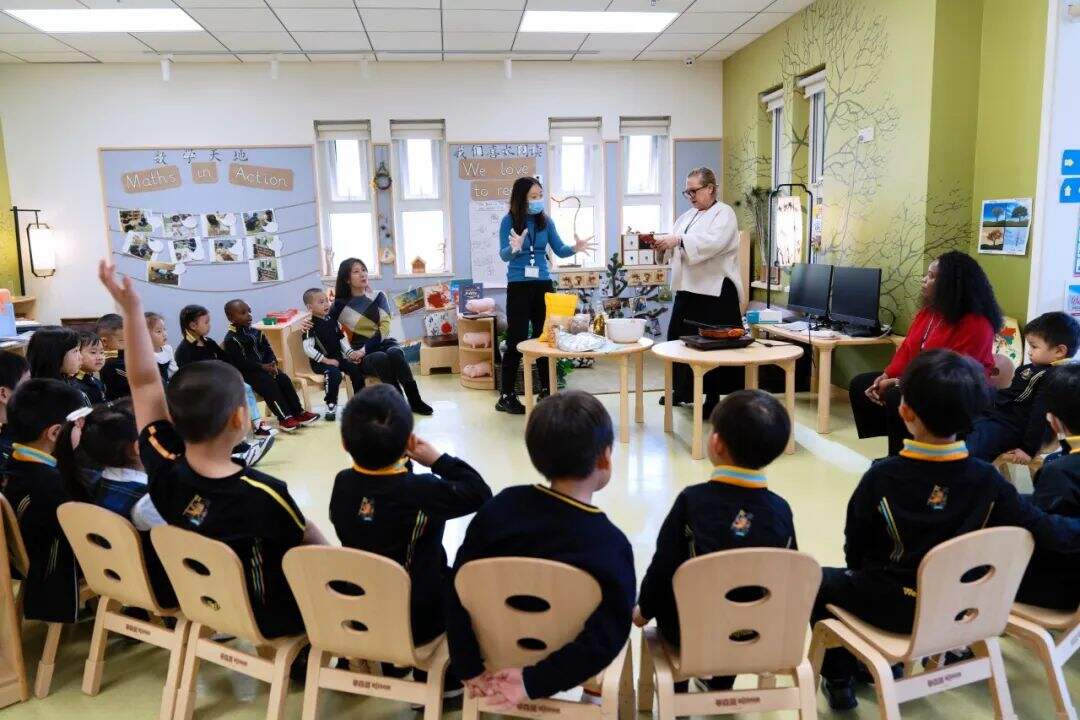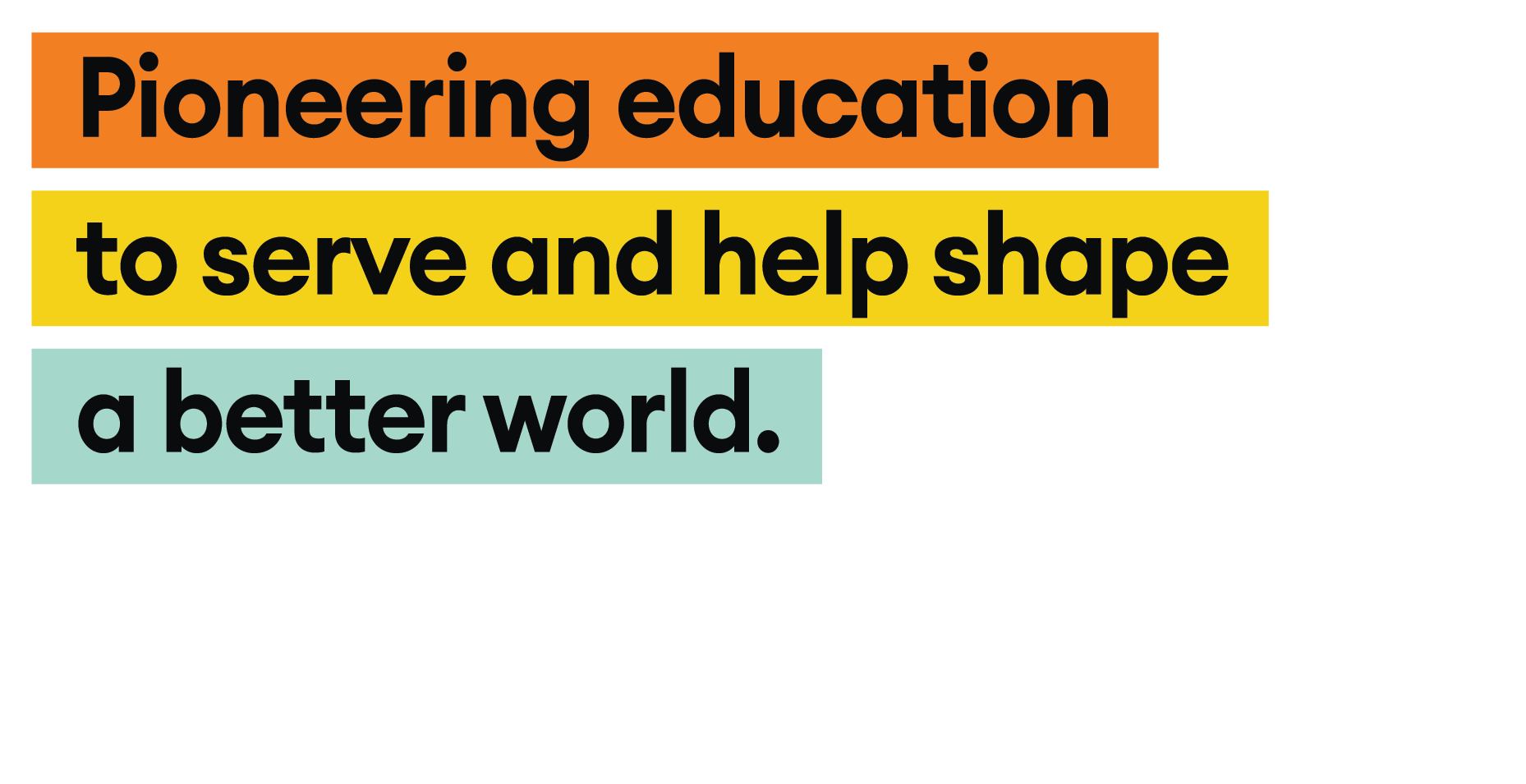Educational Insights | Inquiry-led learning
Justine Broadhurst
Reception Teacher / Nest 21st Century STEAM Curriculum Lead
Inquiry-led learning is a teaching approach that encourages children to take an active role in their own learning. It is an approach that is particularly well-suited to the Reception and Year 1 classrooms, where children are at an age when they are naturally curious and eager to explore the world around them.
At its heart, inquiry-led learning is about asking questions.
Children are encouraged to ask questions about the world around them, to investigate and explore, and to find their own answers. This approach is based on the belief that children learn best when they are actively engaged in the learning process, rather than simply being passive recipients of information.
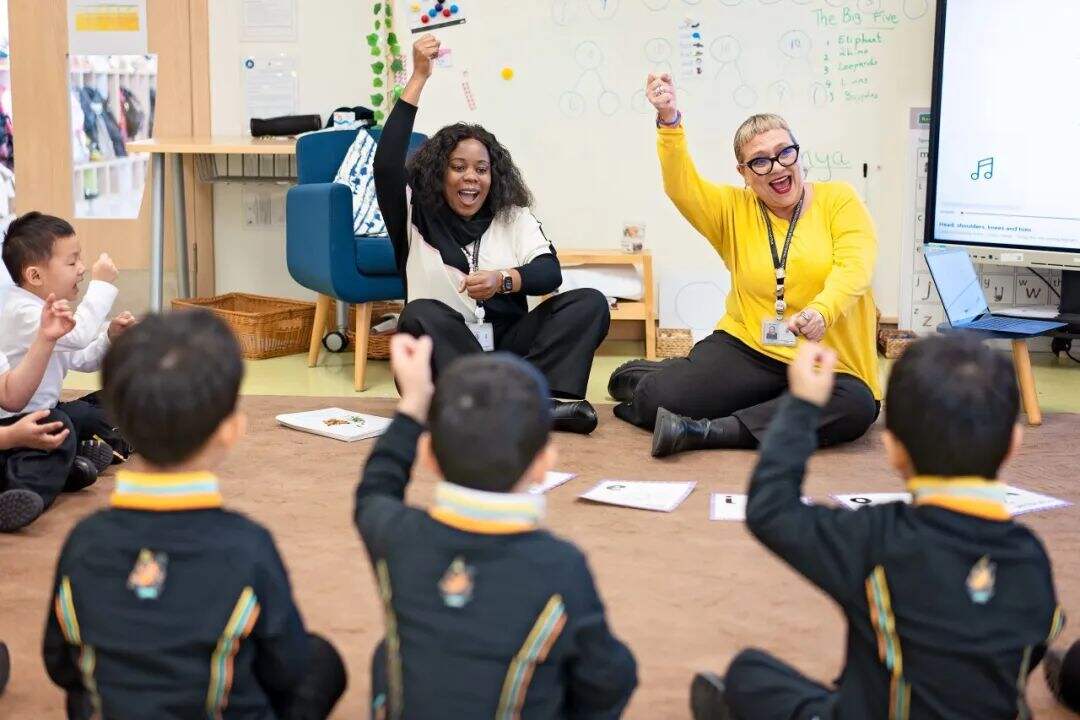

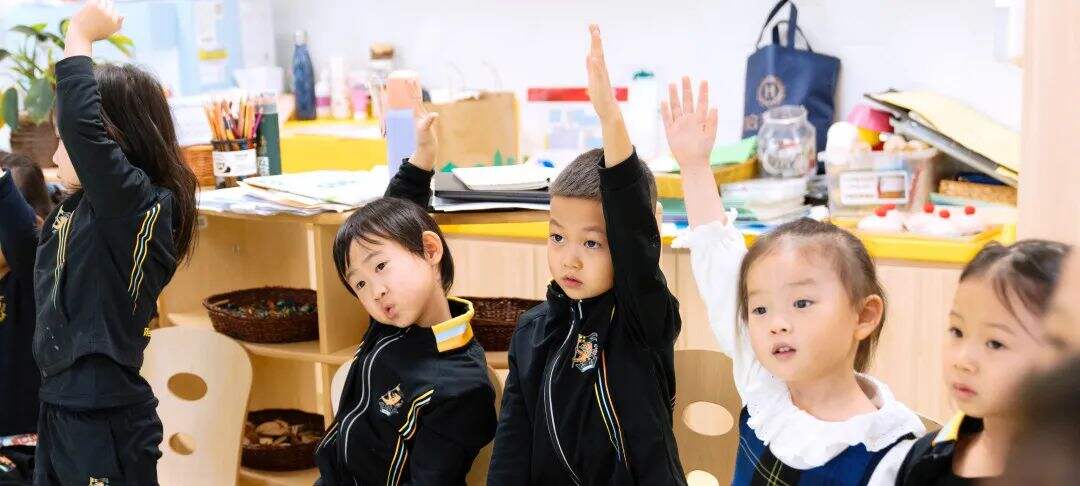
One of the key benefits of inquiry-led learning is that it helps to develop children's critical thinking skills.
By encouraging children to ask questions and to investigate, they learn how to think critically, to evaluate information, and to draw their own conclusions. This is a vital skill that will serve them well throughout their lives.
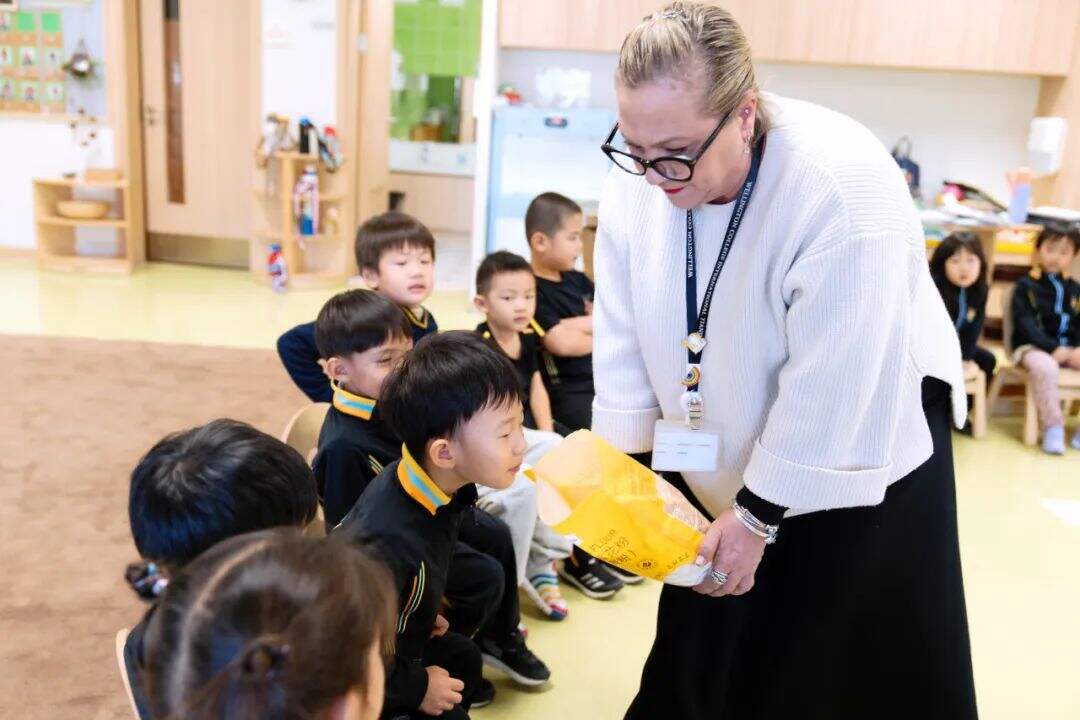
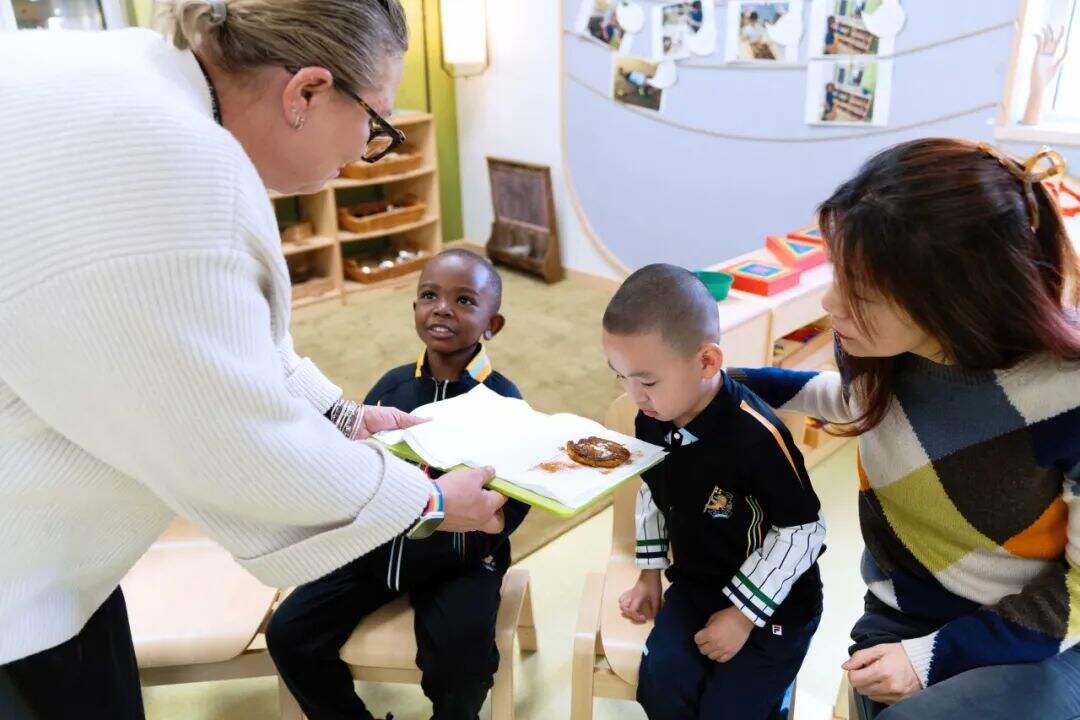
Another benefit of this method is that it helps to develop children's creativity.
By encouraging children to explore and investigate, they are given the freedom to think creatively and to come up with their own ideas. This is a vital skill that will help them to be successful in a wide range of fields, from the arts to science and technology.
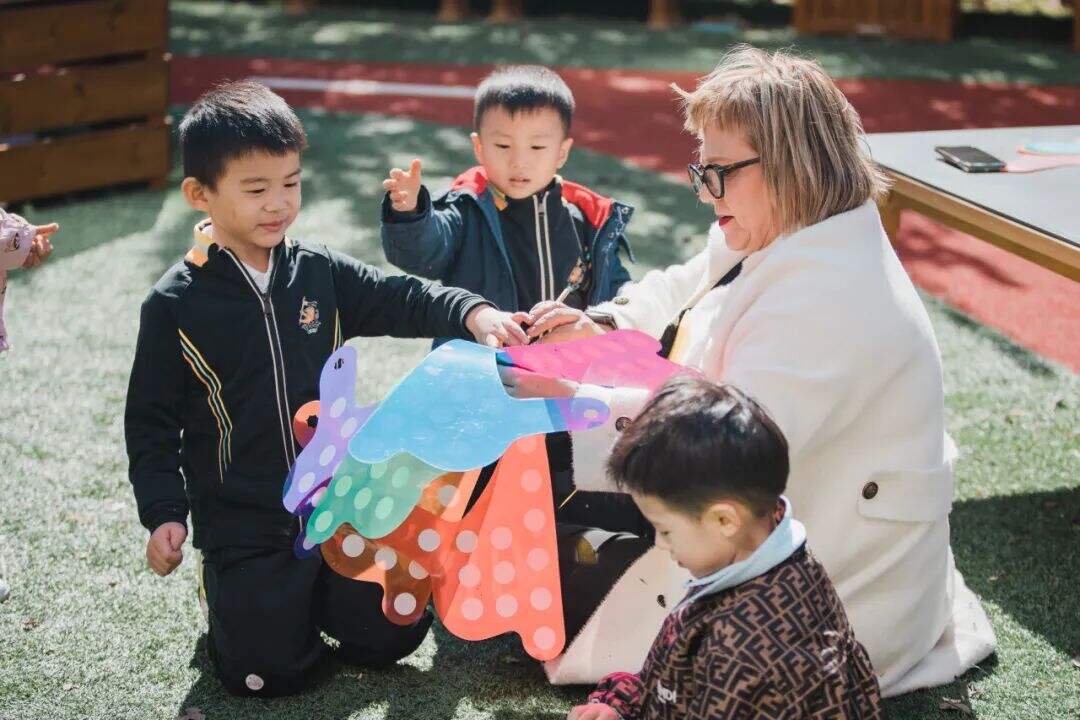
Learning in this way is also highly inclusive, as it is an approach that can be adapted to suit the needs of all children, regardless of their abilities or backgrounds. By encouraging children to ask questions and to investigate, they are given the opportunity to learn in a way that is meaningful and relevant to them.
One of the key principles of inquiry-led learning is that it is child-led.
This means that children are given the freedom to explore and investigate in a way that is meaningful to them. Teachers act as facilitators, guiding children through the learning process and providing support and guidance where needed.

Children in Reception are introduced to this way of learning from the beginning through inquiry-based learning. This involves asking children open-ended questions and encouraging them to explore and investigate in order to find their own answers. This approach is particularly well-suited to this age group. The skills they gain help them transition to more challenging approaches used in the Year 1 classroom, for example through project-based learning.

This method involves giving children a topic to investigate, and then allowing them to explore and investigate in their own way. This approach can be highly engaging and can help to develop a wide range of skills, from research and investigation to communication and collaboration.
In conclusion, inquiry-led learning is an effective approach to teaching used by teachers in our Reception and Year 1 classrooms. It is child-led, encourages children to ask questions, is highly inclusive, develops creativity, communication and collaboration skills, and helps to develop children's self-confidence and self-esteem. By using inquiry-led learning, teachers can create a learning environment that is engaging, meaningful, and relevant to all children.
Related Articles








 Channel
Channel 
 Linkedin
Linkedin  Weibo
Weibo  Facebook
Facebook  Ins
Ins 


